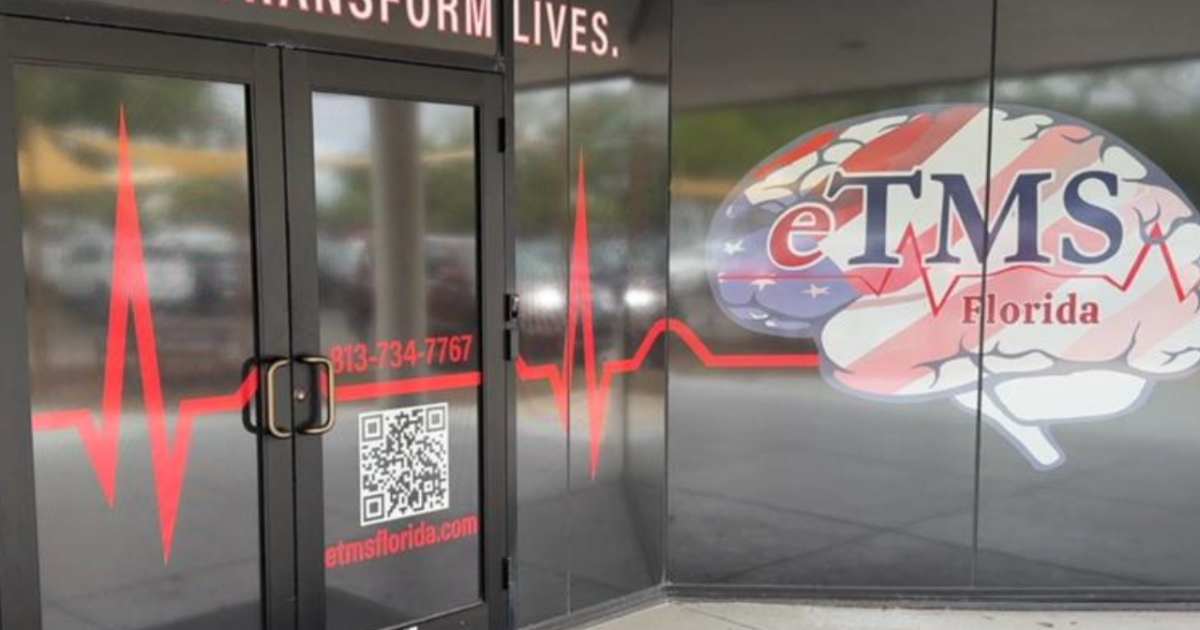Starting May 1, 2025, Australians suffering from treatment-resistant depression will gain access to Spravato (esketamine), a new nasal spray treatment now covered by the Pharmaceutical Benefits Scheme (PBS). This marks the first addition of a new antidepressant to the PBS in 30 years.
Spravato is specifically designed for individuals who have not found relief from at least two traditional antidepressants. Unlike standard treatments that focus on serotonin levels, Spravato targets glutamate, the most abundant neurotransmitter in the brain, potentially restoring communication between brain cells and improving mood.
Eligible patients will pay only $7.70 per dose if they hold a concession card or $31.60 for general patients. An estimated 30,000 Australians could benefit from this affordable treatment. Professor Ian Hickie AO, Co-Director of the Brain and Mind Centre at the University of Sydney, highlighted that this is the first government-funded medication aimed at patients experiencing severe depressive episodes despite trying multiple antidepressants.
Spravato requires administration under medical supervision at certified treatment centers due to potential side effects, including dizziness and changes in blood pressure. Patients will receive the spray twice a week initially, with the frequency adjusted based on their progress.
About one in seven Australians experience depression, with approximately one-third suffering from treatment-resistant forms of the illness. These individuals often endure prolonged depressive episodes, feelings of hopelessness, and suicidal thoughts. The PBS’s listing of Spravato represents a critical development in providing effective treatment options for this population.
For anyone considering Spravato, it is essential to consult a medical professional to discuss its suitability. Resources such as Lifeline (13 11 14) are also available for those affected by depression. This breakthrough offers renewed hope to many Australians and their families facing the challenges of treatment-resistant depression.



